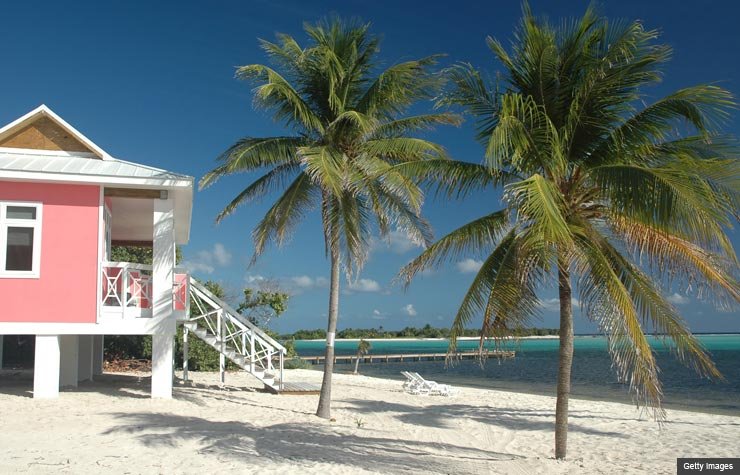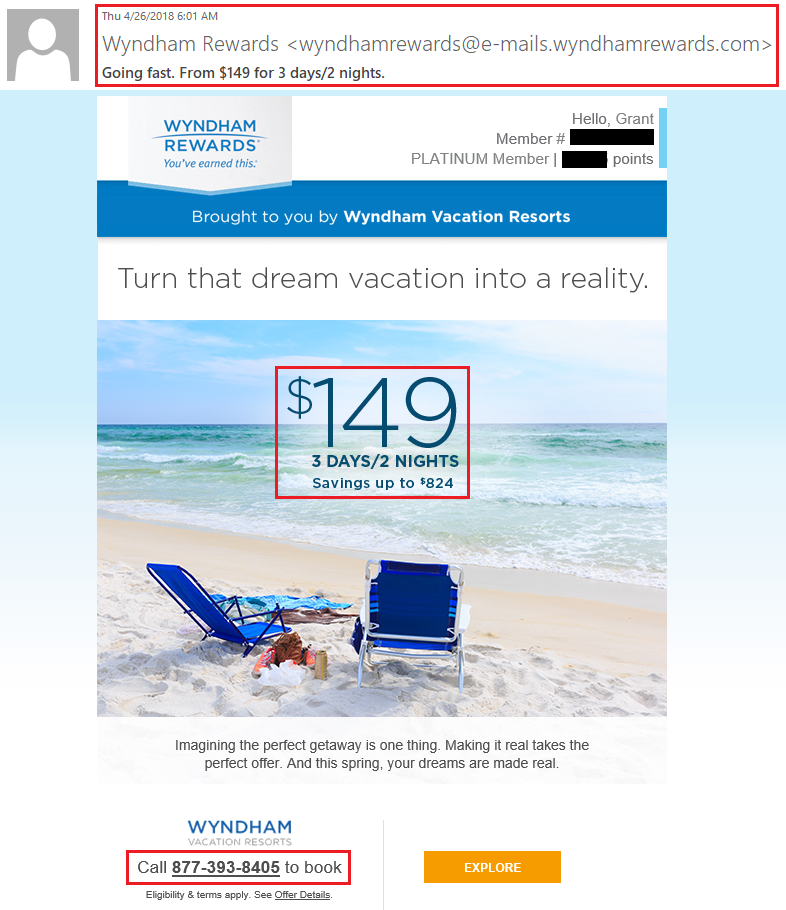Each color serves as a rating of the overall desirability of a particular week at a timeshare resort. Super Red is Peak season and the most preferable season to own, Red is thought about high season, and is followed by white and yellow, and then blue and green, which are thought about off-season. Alternative years ownership allows the owner to utilize of the resort every other year. A Gold Crown Resort is the equivalent of a 5 star score in the RCI system. II usages 5 Star to determine the most distinguished resorts, such as the rating for hotel timeshare europe groups.

It is essential to stay up to date with the payment of your upkeep costs to prevent foreclosure of your Timeshare through arrears in the maintenance charge. There are different Resale Business in the UK and the continent and in the United States offering various selling packages at various cost to the seller. Use an authentic reseller such as Travel & Leisure Group who have a complete accreditation of RDO, ARDA, ATHOC and CARE (for rentals). Please keep in mind Timeshare is hard to re-sell, you ought to not purchase it with a view to earn a profit or to get rid of if you do not like it much.
It is no trick that upwards of 50% of the resort designer costs are sales and marketing associated. When you purchase straight from the resort, sadly you are paying an inflated cost to absorb all of the administrative and marketing costs associated with the sale of the property. When buying on the resale market, you just spend for the true fair market price of the home! As a timeshare resale buyer, you not just kelly charbonneau gain from using the home, however you also enjoy cost savings of 30-50% or more! Undoubtedly you may not have such a larger choice, however the resale market has actually matured and the resale stock is nowadays extremely attractive to buyers.
Timeshares are developed when a developer purchases or develops several condominium type units and then completes the required legal actions to be allowed to sell short time-period stays (typically weekly) in these systems. Some states think about some timeshare plans to be actual pieces of real estate, making other real estate laws applicable to timeshare arrangements. In a deeded timeshare, the timeshare owner purchases an ownership interest in a particular piece of property. Normally, the purchaser purchases a specific unit and a particular week in the year. That owner will always remain in that exact same system on the same week of every year, unless an exchange is made through an exchange company.
In a non-deed timeshare, the timeshare owner purchases a lease, license, or club subscription to utilize the property for a specific amount of time each year for a specified variety of years. This is often called an arrangement. The purchaser has to get in touch with the turn to make reservations for the precise week needed (what is a timeshare transfer agreement). Some resorts have restrictions on how early units can be scheduled. is the same as Floating Time, except that the owner can only reserve time within a specific season. Many factors need to be taken into consideration prior to acquiring a timeshare. An evaluation of the background of the seller, developer, and management company, in addition to a review of the existing maintenance budget, will help the potential seller in making an informed choice.
Numerous state laws on time-sharing bring specific defenses for purchasers and rights to cancellation of purchase. The managing authority is generally the Real Estate Commission in the state where the timeshare residential or commercial property lies. See State Regulation of Timeshares.
Rumored Buzz on How To Mess With Timeshare Salesman

There are 3 main types of timeshare use. Which one is best for you depends upon just how much flexibility you need and whether you 'd like the choice to visit a various locale from time to time. When you own a fixed-week timeshare, you'll visit the place during the very same designated week every year. These types of timeshares are great for those who like the predictability of knowing exactly when their holiday home is going to be readily available for them to use. It makes annual getaways simpler to prepare, due to the fact that you understand well ahead of time when you'll be going. However, if you need some versatility in your schedule or would like to change up your vacation dates from year to year, this might not be the finest option for you. attorney who specializes in timeshare contracts bellingham wa.
The season your drifting week remains in will depend upon your agreement and, generally, just how much money you paid, as high-demand seasons normally come at a greater price. Nevertheless, you do not have total freedom; you'll still need to schedule your slot ahead of time, and if you wait too long, the week you wanted might be taken by another timeshare owner. If you require more flexibility for scheduling vacations, a floating-week timeshare would likely be a better choice than the fixed-week choice. Some timeshare companies offer a points-based system where purchasers receive a specific number of points that they can utilize to vacation at any property within the business's network of resorts.
This system is meant to make the principle of timeshares more attractive to travelers who desire to go to a various destination each year, instead of checking out the same home year after year (why would you ever buy a timeshare). While these kinds of contracts can appear like the finest of both worlds, make sure to i want to sell my timeshare without upfront fees do the math and see if the preliminary rate of purchasing into this kind of program winds up being worth it in the long run.
A timeshare is an agreement in which many individuals share the expenses of a property. Individuals who purchase a timeshare receive a set time they can spend at the home in exchange for covering part of the property's expenditures. Timeshares are most often related to trip houses, and typically consist of condos and homes. Timeshares began in Europe in the early 1960s, when many Europeans could not manage trip homes. Through these programs, people could own otherwise-unachievable holiday property. They then pertained to the United States in 1969 and now, the timeshare industry is worth $10. 2 billion, according to the American Resort Development Association (ARDA).
6 million households owned a minimum of one timeshare. There are two types of timeshare contracts: shared deeded and shared leased. contracts share fractional ownership throughout all timeshare members, permitting them each to utilize the home throughout a particular period each year. While each owner gets a deed to the home, they do not own the residential or commercial property outright. agreements do not give timeshare members ownership. Instead, the property deed stays with the resort or developer. Members pay for a block of time at the residential or commercial property, not ownership. There are several types of timeshare ownership, however set week, drifting week, and the points system are the most popular.